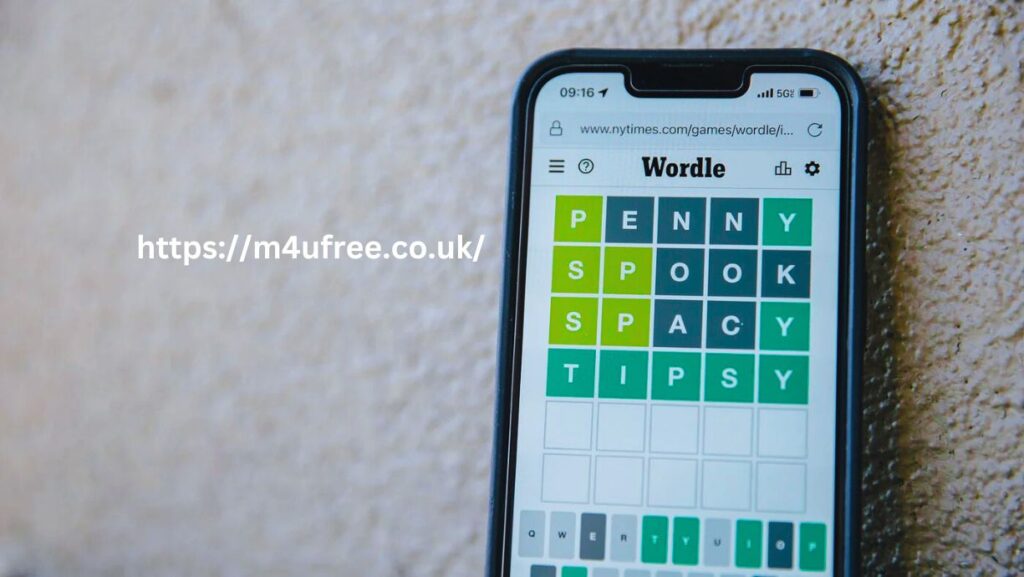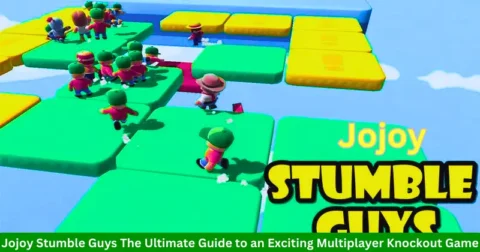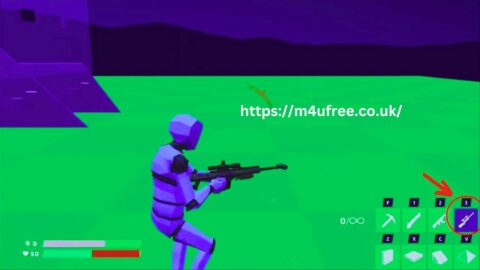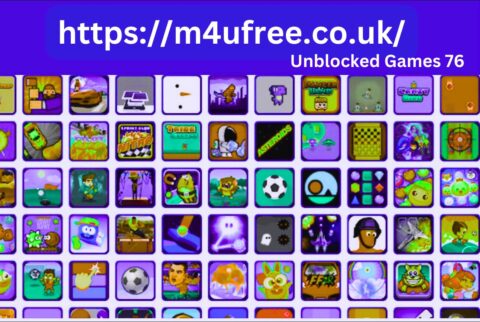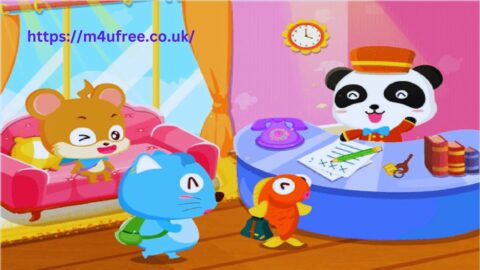In the ever-evolving world of educational gaming, Wordle Junior has quickly established itself as a fun, engaging, and educational puzzle game for children. Based on the hit word game Wordle, this junior version is specifically designed for younger players, offering a simpler and more age-appropriate experience. If you want your child to improve their vocabulary, develop critical thinking, and have fun in the process, Wordle Junior is a fantastic choice.
In this article, we will explore everything you need to know about Wordle , including gameplay mechanics, educational benefits, strategies, and how it compares to similar word games. Whether you’re a parent, teacher, or a curious young gamer, this guide is for you!
What is Wordle Junior?
Wordle Junior is a word-guessing game designed for children aged 6 to 12. Inspired by the popular Wordle game, Wordle Junior uses simpler words and offers a more kid-friendly interface. The game maintains the essence of Wordle while making it accessible for young learners.
How Wordle Junior Works
Wordle Junior follows a straightforward gameplay pattern. Each day, the player is presented with a mystery word, typically 4 to 5 letters long, and they need to guess what it is. The player is given a limited number of attempts (usually 6) to guess the correct word. After each guess, the game provides clues to guide the player:
- Green Tiles: The letter is correct and in the right spot.
- Yellow Tiles: The letter is correct but in the wrong spot.
- Gray Tiles: The letter is not in the word at all.
These visual cues help children deduce the correct word by using logic and pattern recognition.
Where to Play Wordle Junior
WordleJunior can be played online through educational websites, dedicated apps, or printable worksheets available for parents and educators. Some platforms offer a free version, while others provide a premium option with additional features, such as themed words or progress tracking.
Educational Benefits of Wordle Junior
Wordle Junior is not just a game—it’s a learning tool that offers several cognitive and educational benefits for children. Here’s how Wordle can help young minds grow:
1. Vocabulary Expansion
Wordle Junior introduces children to new words in an enjoyable way. The process of guessing words and seeing correct answers helps expand their vocabulary, making them familiar with spelling, pronunciation, and word meanings.
2. Critical Thinking and Problem-Solving
Players need to think critically to solve the puzzle. Each guess requires analysis of the clues provided, encouraging logical reasoning and deduction skills.
3. Spelling and Phonics Practice
The game reinforces correct spelling and phonics rules. Children learn to identify letter patterns and combinations, improving their reading and writing skills.
4. Memory Development
Remembering the letters they’ve guessed and the feedback they received helps develop working memory. This skill is essential for learning in all subjects.
5. Patience and Perseverance
Wordle Junior teaches kids the value of patience and perseverance. Even if they don’t get the word right on the first try, the game encourages them to keep going and learn from each attempt.
6. Stress-Free Learning
Because Junior is gamified, children experience learning as fun and stress-free. This positive reinforcement helps build a love for learning.
Tips for Playing Wordle Junior
Want to help your child get better at Wordle Junior? Here are some helpful strategies to improve their gameplay:
1. Start with Common Letters
In the English language, certain letters are more common than others. Encourage your child to start with words that contain frequently used letters like A, E, I, O, U, R, S, T, and N.
2. Use Phonics Knowledge
Guide your child to use their understanding of letter sounds and blends. Words like “cake,” “bike,” or “mole” incorporate common phonetic patterns.
3. Look for Patterns
As they play more, children will begin to recognize common letter patterns and word structures. Words that rhyme or have similar prefixes and suffixes can be good guesses.
4. Eliminate Wrong Letters
If a letter is marked gray (not in the word), remind your child not to use it in future guesses. This helps narrow down possibilities.
5. Practice with Word Lists
Create a list of age-appropriate words to practice with. This helps build familiarity with words they might encounter in the game.
Wordle Junior vs. Other Word Games
There are many word games available for kids, but how does Junior compare to these options? Here’s a quick overview:
1. Wordle vs. Wordle Junior
- Wordle is designed for older players and uses more complex vocabulary.
- Wordle Junior simplifies the game for younger audiences by using shorter words and a more colorful interface.
2. Boggle
- Boggle challenges players to find as many words as possible from a random grid of letters within a time limit.
- Wordle Junior focuses on guessing one word with a limited number of tries, which can be less stressful for younger players.
3. Hangman
- Hangman involves guessing letters to complete a word before running out of attempts.
- Wordle Junior provides more visual feedback with colored tiles, making it easier for kids to understand their progress.
4. Scrabble Junior
- Scrabble Junior is a board game where kids build words from letter tiles.
- Wordle Junior is more focused on deduction and guessing, while Scrabble Junior emphasizes word creation.
How to Integrate Wordle Junior into Learning
Wordle Junior can be a powerful tool for learning when integrated thoughtfully. Here are some ways to use it in educational settings:
1. Classroom Activities
Teachers can use Wordle Junior as a daily brain exercise to start the class. It’s a fun way to engage students and get their brains warmed up for the day.
2. Homework Assignments
Assign Junior puzzles as homework to help children practice their spelling and vocabulary in a fun, low-pressure way.
3. Family Game Nights
Playing Wordle Junior as a family can create a fun bonding experience while reinforcing literacy skills.
4. Word of the Day Challenges
Pick a word of the day and have children use it in sentences. This activity reinforces learning beyond the game itself.
Final Thoughts on Wordle Junior
Wordle Junior offers a delightful blend of fun and education, making it an ideal game for children who are learning to read, spell, and think critically. Its intuitive design, visual feedback, and engaging gameplay make it accessible and enjoyable for kids aged 6 and up. Whether you’re a parent looking to support your child’s learning journey or a teacher seeking innovative educational tools, Wordle is a fantastic choice.

